Harmful tips for fearless traders UAE
Scientists have recently discovered that there are naughty traders who do the opposite in addition to naughty children. They are given helpful advice, and they take it and don't follow it. That's why scientists came up with the idea that such traders should be given harmful rather than helpful advice. They will do the opposite, and it turns out just right. So we have compiled a list of faulty trading advice.
Invest and lose all your money
Although traders expect to make money (after all, that is what trading was invented for), it is essential to realise that success is not guaranteed.
Losing money is always hard, but it is worse at the beginning of the journey. But, of course, it goes without saying that if you want to be left with nothing, you can use money set aside for trades for other purposes: children's education, a mortgage or everyday expenses.
In the first place, this is an idea that can lead to catastrophic financial losses.
Secondly, when you use funds that you should in no way lose, you are put under monstrous stress. Such pressure leads to bad decisions and ultimately to losses.

Invest all your money in one asset. Don't waste time diversifying your risks
If you have never played in a casino, we recommend investing all your money in one company. You will experience the full range of emotions and tension that a casino player can experience. Fortune also likes to play. So if you are brave and like to lose investments, this is the surest way to get what you want.
Experienced investors diversify their portfolios. Traders buy many stocks from different countries and sectors, and they also invest in hedge funds, which is an excellent hedge against losses.
If you want to lose a lot of money, ignore the adage "Don't put all your eggs in one basket".
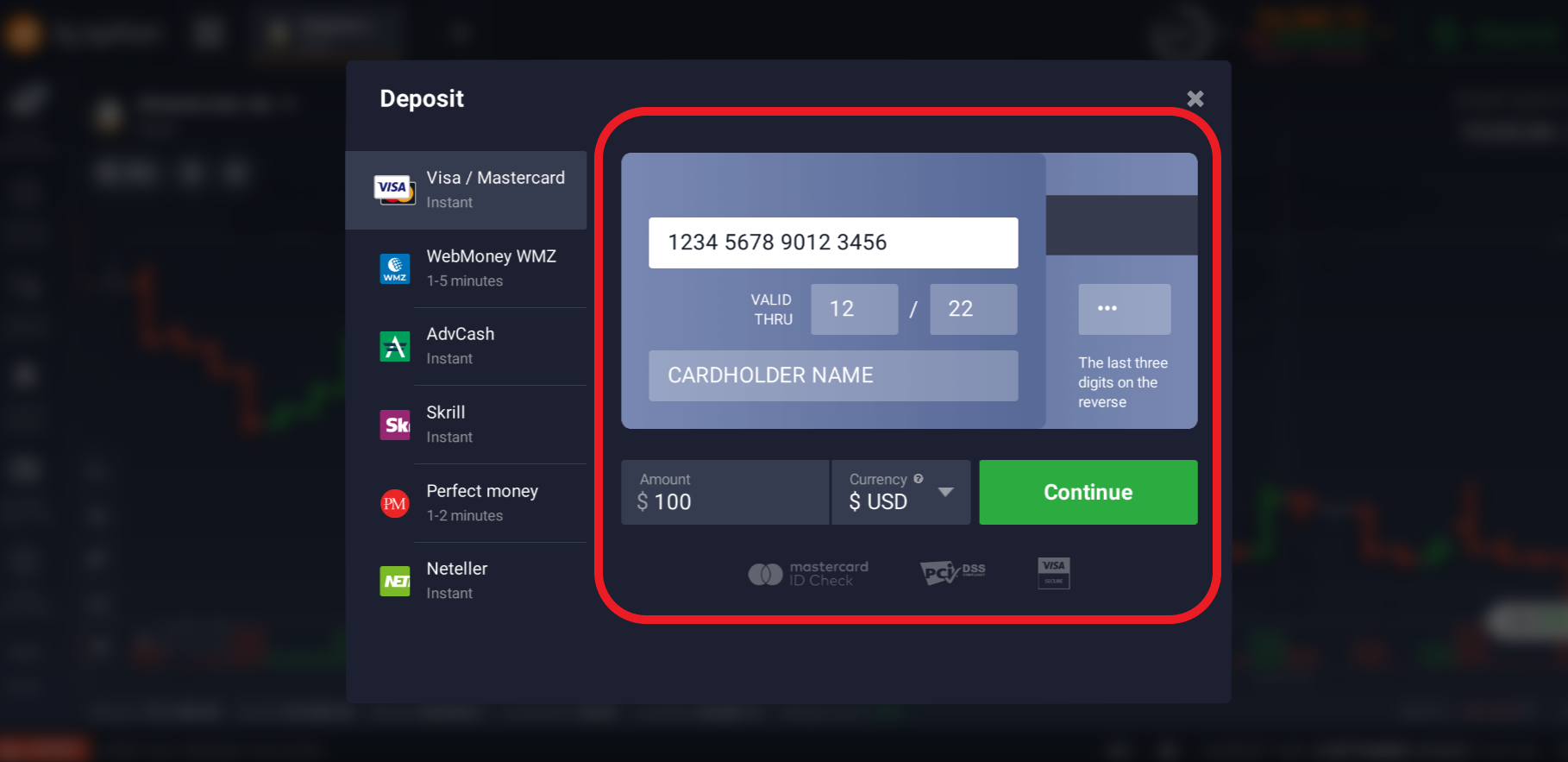
Spend and never stop
There are two main reasons not to stop trading.
First, if you have an ineffective plan, you suffer more significant losses than expected.
Markets change, interest and volume in individual trading instruments change, and trading plans cannot meet expectations. If you enjoy watching money disappear, it may not be necessary to take a step back and reassess the plan by remaining businesslike and impassioned throughout the process. An ineffective trading plan is not necessarily the end of the world, but it is a problem.
The second reason is the inefficiency of the trader. Factors such as emotions, external stress, and illness can all come into play here. For example, a trader may have a good trading plan but fail to implement it properly. To not correct the situation, you should not admit any personal problems and not engage in solving them. For example, if a trader fails to deal with his emotions, he might not apply the automation strategy.
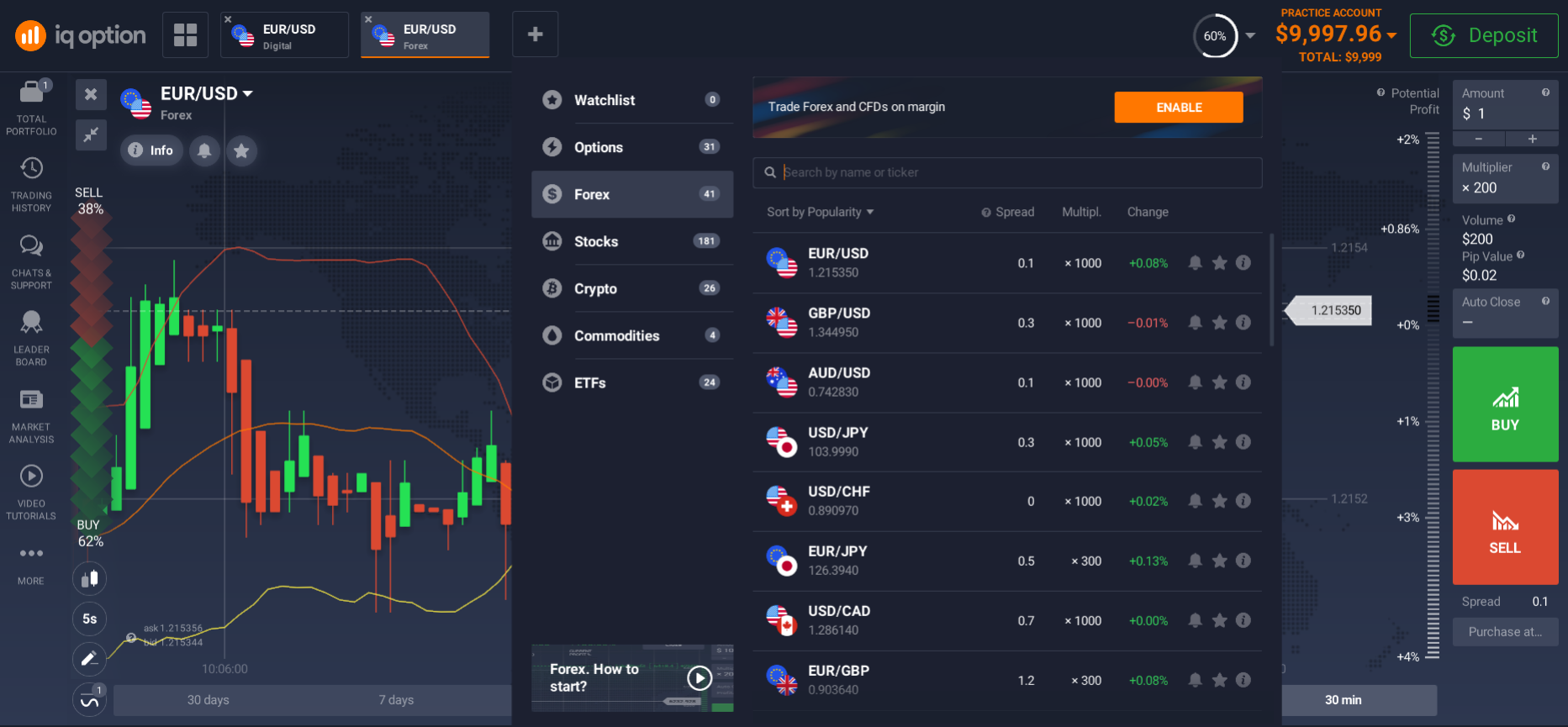
Act out of emotion
Trading is not just an intellectual activity. It awakens emotions that affect the way we see markets and behave. Often people freeze in fear when the market goes against them, forgetting to sell. Many chase skyrocketing stocks which they missed out on when they were much cheaper.
Many newcomers have manic-depressive reactions to trades: when they make a profit, they rejoice, and when traders lose money, they become despondent. Emotional behaviour will not improve your results. You need to understand your emotions and learn to manage them.
So you can, of course, follow this advice and succumb to your emotions, but such emotional decisions are more likely to result in losses than profits.
Don't follow the news. That's entirely too much information
Any news, good or bad, creates additional volatility (price volatility) in the stock market. And it is up to the trader's skill to decide whether he will profit or lose on it. However, an experienced trader understands that even short-term market fluctuations due to news can be significant.
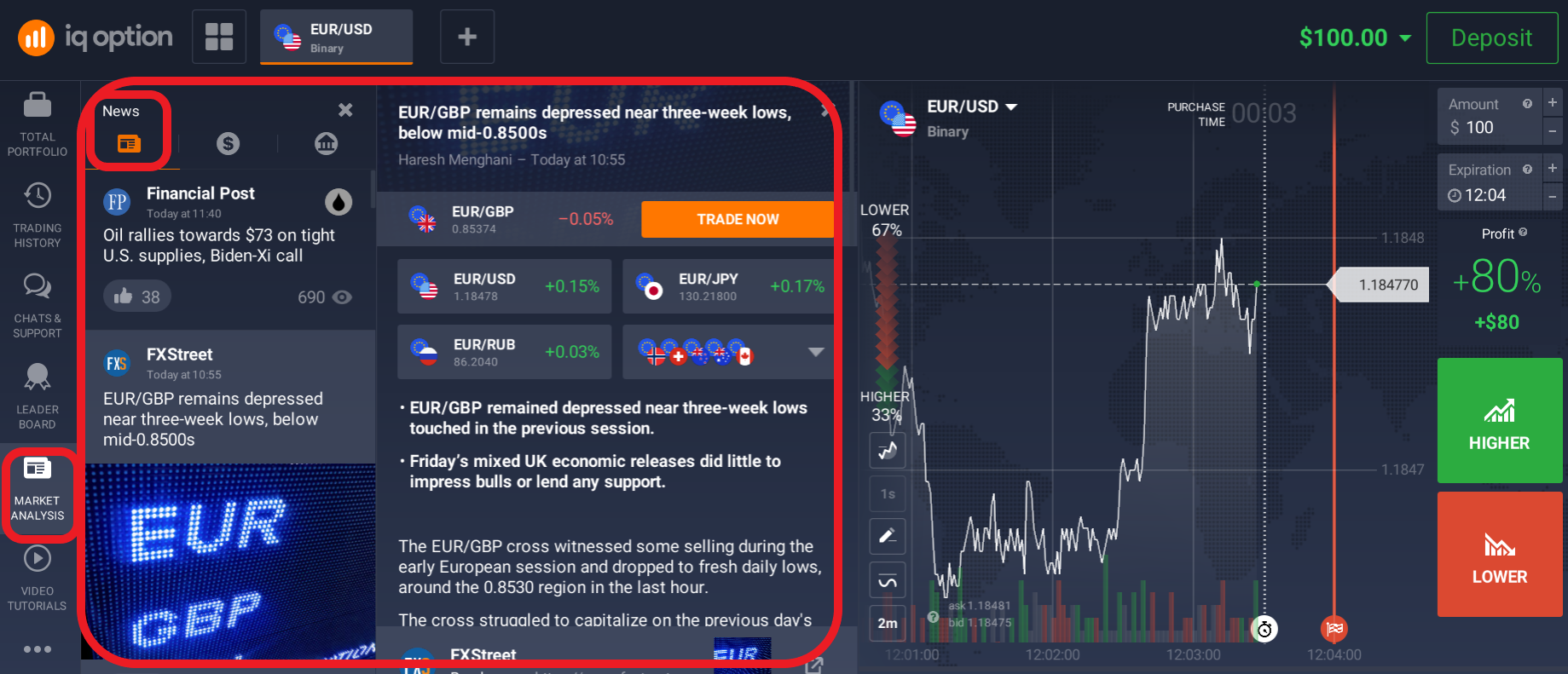
So, we do not recommend following the news if you want to be at a loss because:
- News increases volatility. If the price does not fluctuate up and down, none of the traders will profit. And the more the information on the exchange differs from the expectations of traders, the more pronounced the movements and, consequently, the volatility will be.
- News helps to limit risks. Most are strictly calendar-driven. And when you are expecting news releases, you can already anticipate what they are going to be and even how they will affect the market. Thus, you will have time to prepare and limit your risks.
Don’t use technology. What's the point of all those stripes on the graph?
Electronic trading has been around for a long time, but the tools available to modern traders are constantly improving and evolving. Fast computers, high-speed internet, entirely electronic markets and direct-access trading are the primary helpers of the independent trader. But why would you want to do that?
More powerful technologies include automated trading, innovative market research tools and testing trading systems based on historical data. In addition, mobile trading apps allow you to analyse trading conditions, place orders and manage positions using your smartphone or tablet. All together gives traders an incredible level of flexibility.
Using outdated technology puts traders at a huge disadvantage. Trading is a competitive business, and it pays to assume that other market participants have full access to current technology. In trading, as in other industries, being (and remaining) competitive means keeping up with the times.
But it begs the question, "Why would you want to do that?"
Training is torture! Don't strain yourself and don't use training materials
Almost all brokerage companies have a separate page on their websites dedicated to the education of novice traders. But, as a rule, there is much material available to give a complete understanding of trading, trading techniques and often ready-made trading strategies.
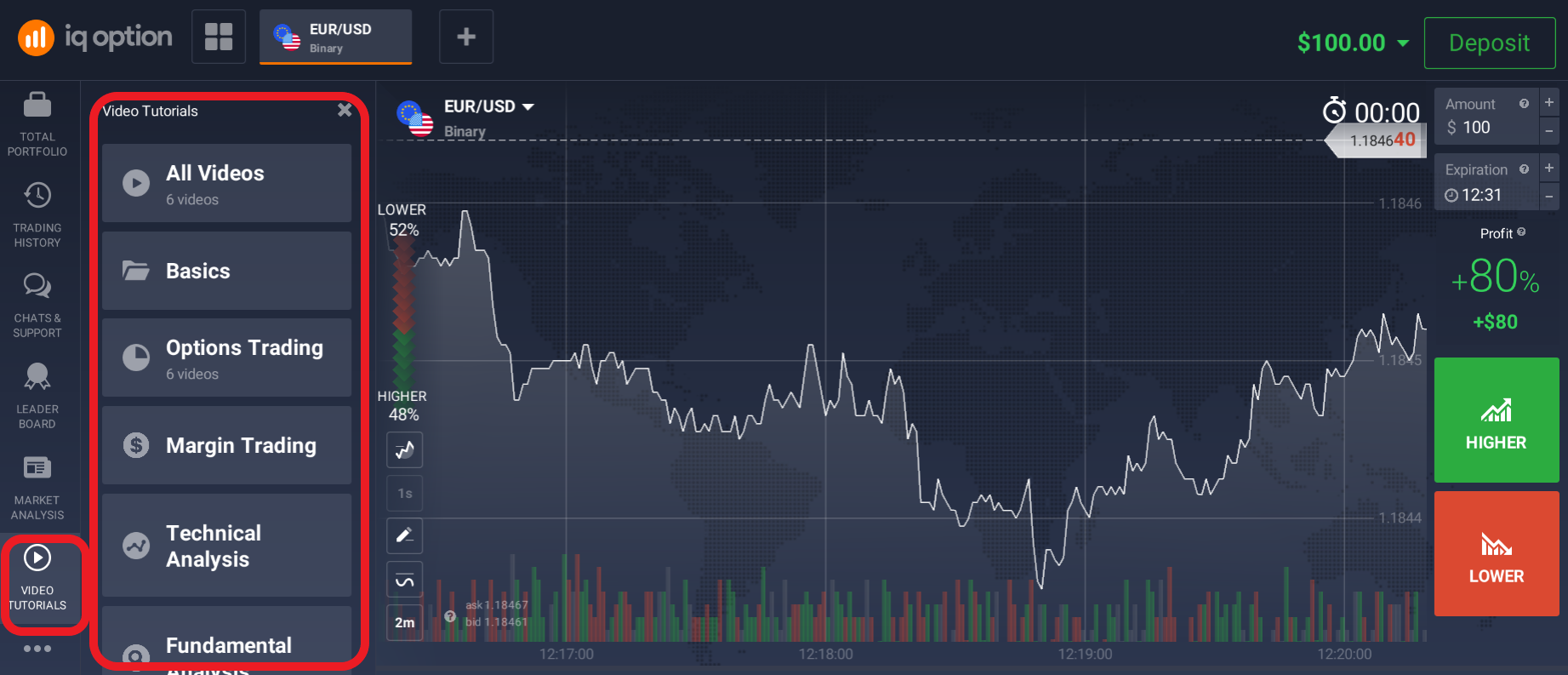
And the site offers videos and articles with all sorts of knowledge - from fundamental analysis to developing your own strategy. But, of course, all the information presented on such resources is not worthy of attention because it will help you be a successful trader. And you know you don't need it.
The information and education are beneficial and, in most cases, are used by leading traders in their trading strategies and tactics. But everything here is calculated on the fact that a person can independently regulate their level of knowledge and choose what they consider necessary to get acquainted with. But in fact, there is a lot of information concerning the basics of trading, trading methods and the use of analytics.
Also, never test your strategy on a demo account. Why do you need these free experiments? It's better to ignore this opportunity.
Don't treat trading as a business. Treat it superficially
Trading as a hobby will cost you dearly: treating it superficially will not give you the knowledge and experience you need.
It's strange to think of trading as a job. There is no such thing as a regular salary: a trader can work all week for 10 hours and end up with nothing on Friday. So don't treat trading as a business if you don't want to make a profit.
Like any business, trading involves costs, losses, uncertainty and risk, and these factors must be taken into account.
The key to successful trades is good planning. This is as true for business as it is for trading. If your goal is to get a firm footing in the industry, but all your efforts and time into researching and developing strategic plans. Such plans cover the short and long term goals and details of deals: what will be sold and how it will be sold.
If success is not part of your plans, turn a blind eye.
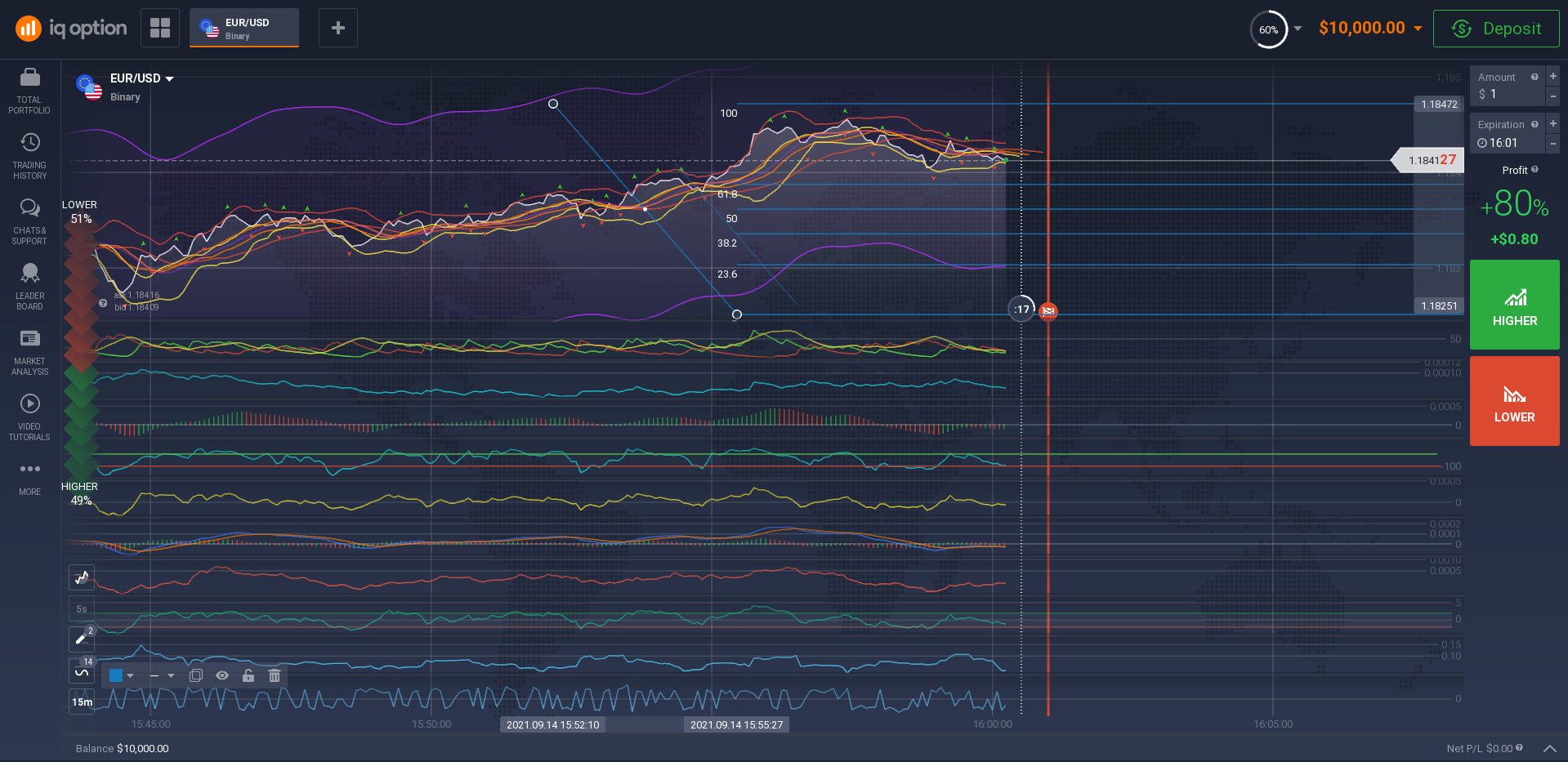
Never use a trading plan. Act at random
Even those new to trading have probably heard the phrase: "Trade - plan, plan - follow". A trading plan is a set of rules defining entry, exit and money management criteria. A good strategy is often based on experience or market observation and developed through research and exhaustive testing. Developing a good plan takes a lot of time and effort, and its main advantage is consistency.
Developing a plan, although it takes effort and time, is profitable in the long run. So if you are not going to make a profit from your business, then forget the plan!
Conclusion
You have now learned the most basic harmful tips!
If you would like to test these tips in action, we recommend registering on the website and seeing if they work.
This material is for entertainment purposes only.




